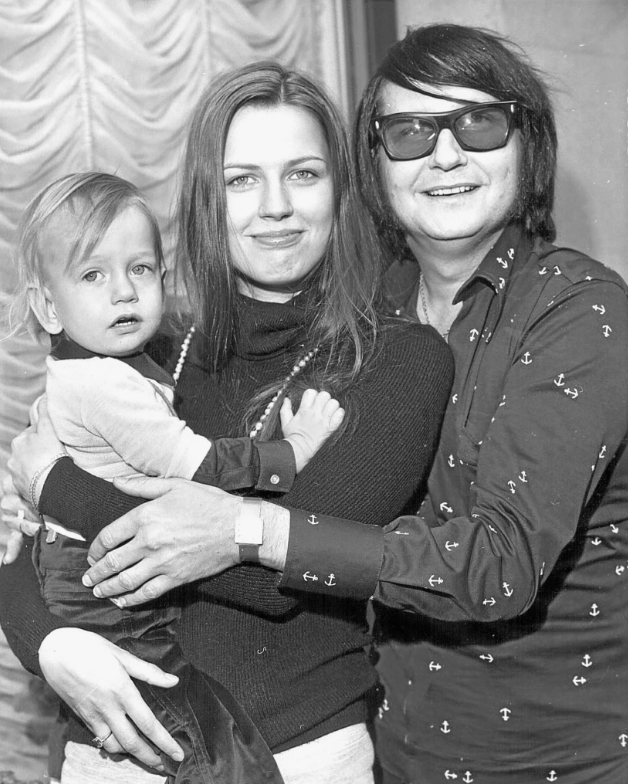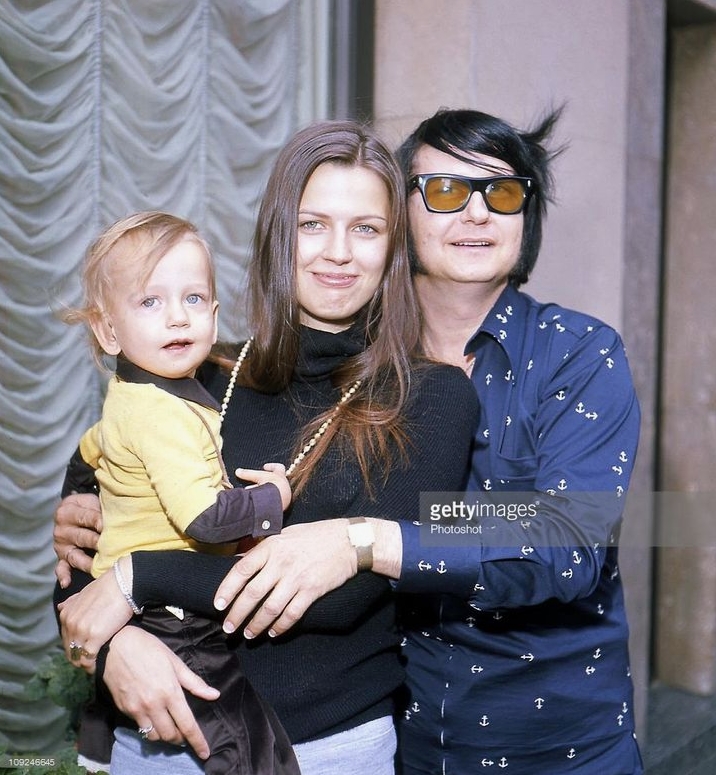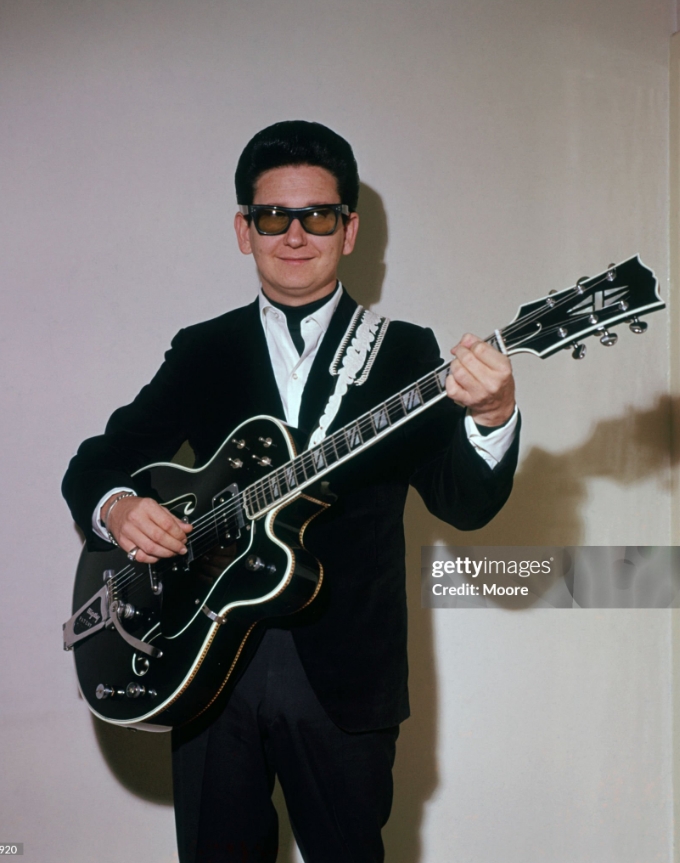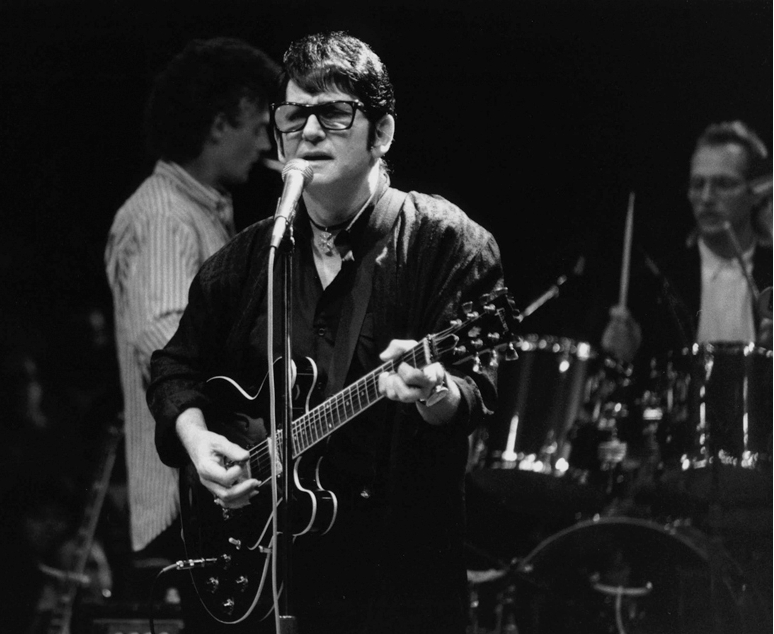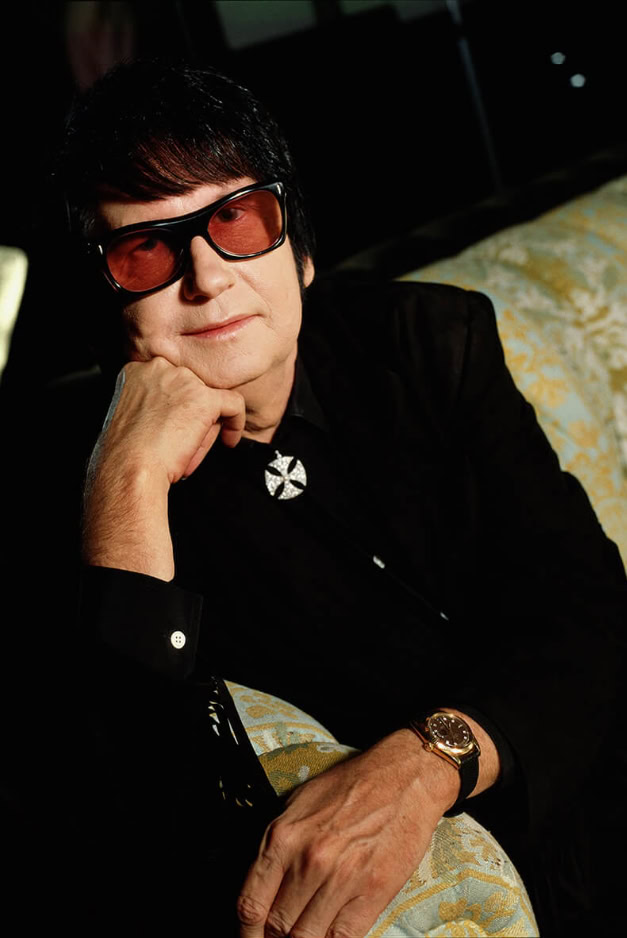
Roy Orbison – Only the Lonely (Monument Concert 1965)
A Timeless Ballad of Isolation and Heartbreak
Roy Orbison’s rendition of "Only the Lonely" from the Monument Concert 1965 transcends mere performance and becomes a profound exploration of emotional vulnerability. The song, a staple in Orbison’s repertoire, demonstrates his unmatched ability to convey longing, despair, and ultimately, a touch of resilience in the face of heartbreak. This particular recording captures Orbison’s raw talent in a live setting, making it especially captivating.
Orbison’s vocal delivery on "Only the Lonely" is iconic. It’s not just about the notes; it’s about the layered emotions. Orbison’s signature falsetto, bordering on plaintive, becomes a vehicle for the listener to enter the song’s desolate landscape. The precise phrasing, coupled with the skillful use of vibrato, creates a sense of intense anguish and introspection. The song’s melancholic melody, in combination with the precise arrangement, further deepens the emotional weight. The mournful piano chords provide the foundation for the vocals, and the string section contributes subtle tension that enhances the emotional impact, particularly in the verses. In this context, the listener isn’t just hearing a song; they are experiencing a moment of emotional revelation.
The concert atmosphere, captured beautifully in this recording, plays a crucial role in elevating the performance. Live performances often offer an unexpected energy and spontaneity that studio recordings can rarely match. The audience’s reaction, even though not explicit, adds an intangible element to the song, creating a sense of shared vulnerability and empathy. "Only the Lonely," interpreted in this live environment, resonates on a deeper level, embodying an almost universal human experience.
The significance of Roy Orbison – Only the Lonely (Monument Concert 1965) extends beyond its artistic merit. While the song did not reach the top of the Billboard charts (reaching a lower position than the original 1961 recording), its impact is undeniable. It has remained a staple in Orbison’s catalog, frequently featured in tribute performances and compilations. The emotional impact of the song, amplified by the live setting, cemented its place as a significant musical moment, and an example of Orbison’s mastery of emotional expression. Notably, despite its commercial performance, the song has garnered significant recognition among music critics and fans as one of the defining examples of Orbison’s artistry. It’s a testament to his ability to tap into a deep source of human emotion.
Whilst the song didn’t receive a Grammy Award, the artistic depth and emotional impact of recordings like Roy Orbison – Only the Lonely (Monument Concert 1965) consistently position Orbison as an innovator in the genre. His nuanced vocal stylings, combined with the haunting musicality of the accompaniment, capture the listener and place them firmly within the narrative of heartbreak and isolation. This live recording stands as a powerful expression of human experience, proving Orbison’s lasting influence on music, and demonstrating his remarkable ability to translate intimate feelings of loneliness into a profoundly moving musical experience. He isn’t merely singing about loneliness; he is embodying it. The concert version effectively demonstrates the power of raw emotion and the timeless appeal of a song like "Only the Lonely."
Video
Lyrics
updating
